Pregnancy symptoms in the first trimester

The first trimester is the earliest phase of pregnancy. It starts on the first day of your last period — before you’re even actually pregnant — and lasts until the end of the 13th week. It’s a time of great anticipation and of rapid changes for both you and your baby.
Pregnancy is different for every woman. Some women glow with good health during those first 3 months; others feel absolutely miserable. Here are some of the changes you might notice.
Bleeding. About 25% of pregnant women have slight bleeding during their first trimester. Early in the pregnancy, light spotting may be a sign that the fertilized embryo has implanted in your uterus. But if you have severe bleeding, cramping, or sharp pain in your belly, call the doctor.
Breast tenderness.Sore breasts are one of the earliest signs of pregnancy. They're triggered by hormonal changes, which are getting your milk ducts ready to feed your baby.
Constipation. During pregnancy, high levels of the hormone progesterone slow down the muscle contractions that normally move food through your system. Add to that the extra iron you're getting from your prenatal vitamin, and the result is uncomfortable constipation and gas that can keep you feeling bloated throughout your pregnancy.
Discharge. It's normal to see a thin, milky white discharge (called leukorrhea) early in your pregnancy. You can wear a panty liner if it makes you feel more comfortable, but don't use a tampon.
Fatigue. Your body is working hard to support a growing baby. That means you’ll get tired more easily than usual. Take naps or rest when you need to during the day.
Food likes and dislikes. More than 60% of pregnant women have food cravings. More than half have foods they really don’t like. Giving in to cravings from time to time is OK, so long as you eat healthy, low-calorie foods most of the time.
Peeing a lot. Your baby is still pretty small, but your uterus is growing and it's putting pressure on your bladder. As a result, you may feel like you have to go to the bathroom all the time.
Heartburn. During pregnancy, the hormonal changes relaxes smooth muscles, like the ring of muscle in your lower esophagus, the tube that connects your mouth and stomach. These muscles normally keep food and acids down in your stomach. When they loosen up, you can get acid reflux, otherwise known as heartburn.
Mood swings. Increased fatigue and changing hormones can put you on an emotional roller coaster that takes you from joyous to miserable, or from hopeful to terrified in a matter of seconds.
Morning sickness. Nausea is one of the most common pregnancy symptoms. Up to 85% of pregnant women have it. For some pregnant women, nausea is mild. Others can't start their day without vomiting. Nausea is usually worse in the morning, hence the name, "morning sickness".
Weight gain. Pregnancy is one of the few times in a woman's life when weight gain is considered a good thing, but don't overdo it. During the first trimester, you should gain about 3-6 pounds. Although you're carrying an extra person, you really aren’t eating for two. You only need about an extra 150 calories a day during the first trimester.
Sources: Web MD
Recent Posts
Related Articles
20-Minute Ab and Core Workout for Moms
If you’re a mother and you want to work on your abdominal...
August 7, 2023How to motivate your kid to be physically active
Like adults, kids need to be physically active to stay healthy. By...
June 19, 2023Tips for dealing with pregnancy cravings
Because hormone levels shifting significantly during pregnancy impacts your sense of smell...
June 19, 2023How to help your kid find their passion
Once you've discovered what your passion is, you can pursue it wholeheartedly...
June 19, 2023

























Leave a comment